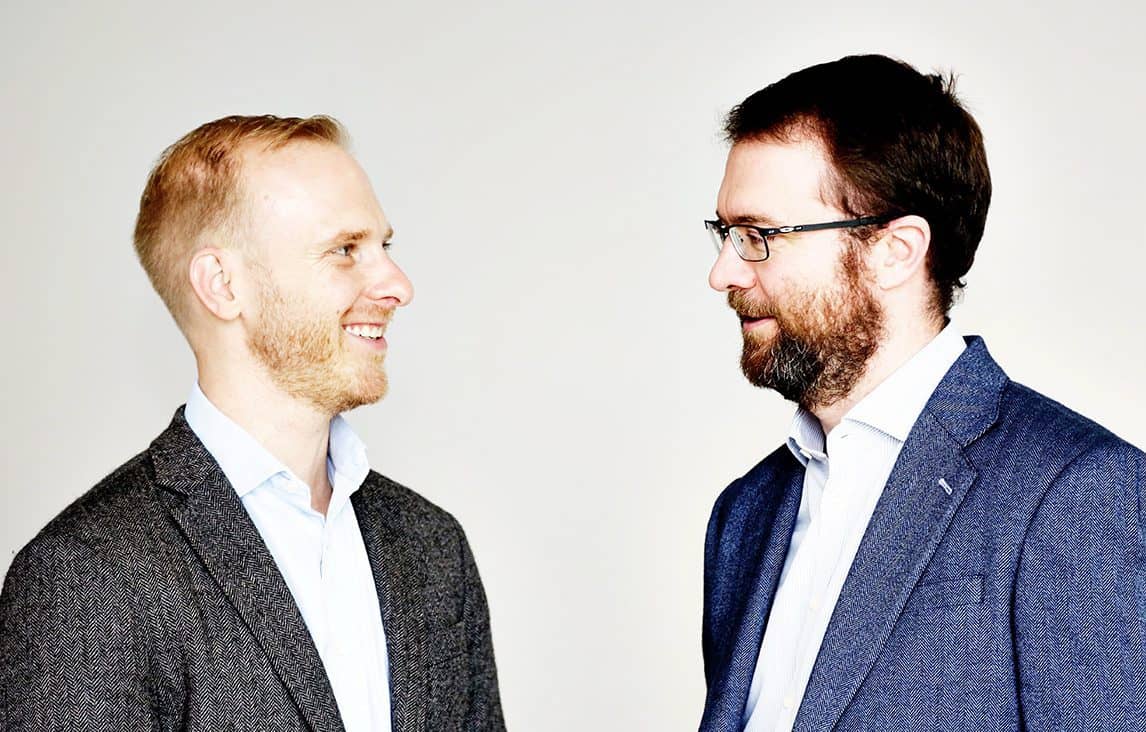WHAT makes you happy at work? Is it flexi-time so you can be back for when the kids get home from school? Or perhaps a strong team with a unified vision? Maybe it’s a regular yoga session on a Friday morning. Or it could be as simple as a free lunch once a month.
For employers, finding the answer to this question could spell major gains for a company’s bottom line, with two workplace wellbeing experts claiming a 1% boost in staff happiness could equate to an increase of £738 per employee per year in productivity and staff turnover reductions.
The figures come from Nick Begley, former chief researcher at mindfulness app Headspace and London School of Economics lecturer Dr George MacKerron, an expert in the economics of happiness who led the world’s largest study into momentary happiness, ‘Mappiness’.

As the founders of Psychological Technologies (PSYT) the pair have created a new app designed to better measure and improve psychological wellbeing in the workplace.
Me@MyBest crunches data from staff surveys to provide both businesses and their employees with real-time analyses of their happiness levels, and tips on how to improve them.
“The Mappiness survey revealed that from more than 3.5million data responses, the unhappiest activity we do, second to being unwell, is work,” Nick says. “We realised that if you want to improve happiness, and overall wellbeing, the best place to make a difference is in the workplace.”
From flexi-time at Fortune 500 companies to stress management training sessions at SMEs, workplace wellbeing is quickly becoming a top priority in companies across the country, with more than two thirds confirming their intention to have a strategy in place by 2020.
But while momentum for workplace wellness programmes is building, there are still questions over the bottom line – some of the only concrete figures we have merely serve to support the message that “everybody is doing it”.
“Organisations have to have quantifiable results so they can justify their investment,” Nick explains. “If you can show the CFO that ‘x’ investment is going to have ‘x’ impact on sales, they’re more likely to loosen the purse strings.”
PSYT draws data sets from employees’ self-assessments of their wellbeing, which is orchestrated through the Me@MyBest app. Staff can log on and score their feelings of happiness, self-worth and productivity as well as factors like sleep, diet and exercise.
Individuals will receive an analysis of their results, as well as tips and suggestions on how to improve their scores, while the organisation will receive the aggregated data with feedback on its staff’s stress levels, productivity and overall workplace culture.
“We know based on the [Mappiness] survey that workplace culture has a huge effect on productivity,” George says.
“This means the organisation gets information on which of the cultural factors most affects productivity, and can take steps to change it.”
Companies can decide how often to run the data collection, so that an assessment of how well a new strategy or programme is working can be delivered in a matter of weeks.
Nick and George say the platform is already in use at eight or nine large organisations, including several financial firms, and last week launched a Seedrs campaign in an effort to lift its funding from £460,000 to £600,000 and roll the technology out more widely.
Eventually, Me@MyBest could be geared towards consumers at an individual level, but for the time being the pair feel they can make bigger changes at an organisational level.
“We built the app to empower individuals to manage their own wellbeing, but the technology means we can scale it up quite easily and see some real economic impact.”







